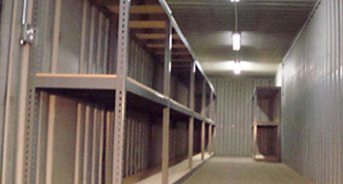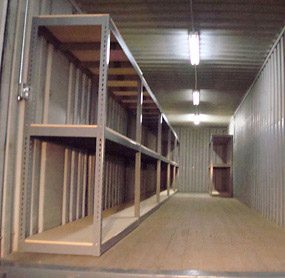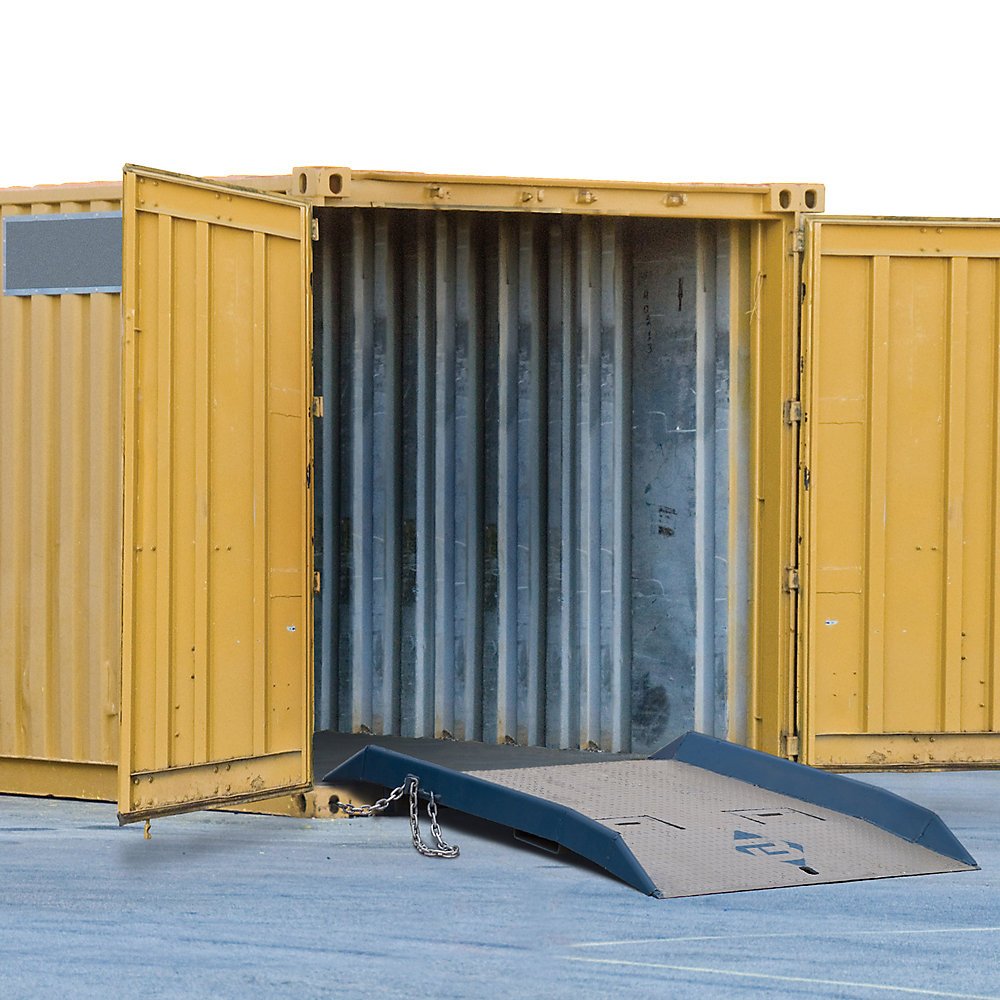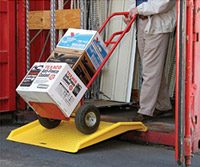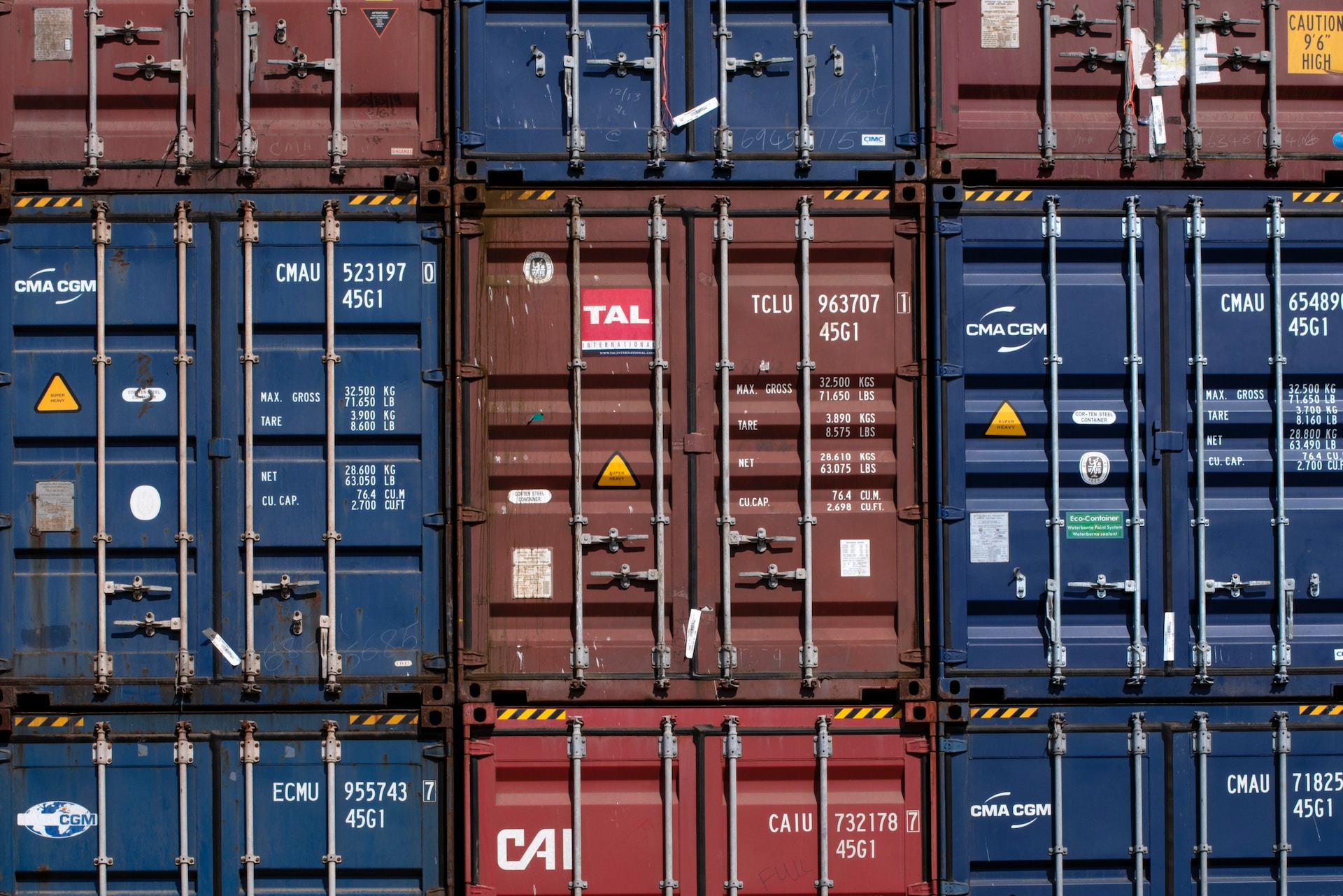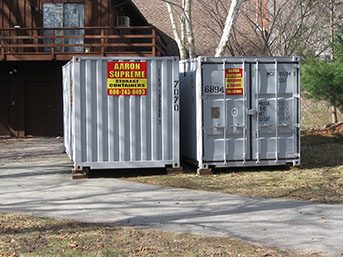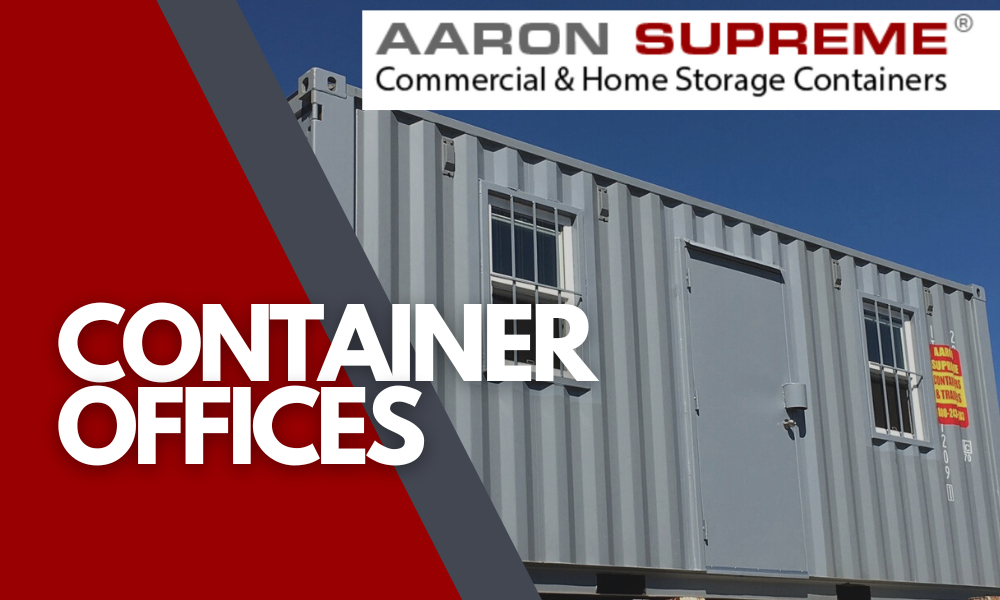Shipping containers have become increasingly popular for various purposes, such as residential storage, retail inventory storage, and temporary office space. With the growing demand for shipping containers, ensuring their security has become a significant concern.
According to anecdotal evidence, the majority of commercial storage container renters and owners face security challenges. Padlocks play a crucial role in securing shipping containers and protecting their valuable contents. Let’s look at the most useful ways to leverage shipping container padlocks for your personal or commercial projects.

Importance of Padlocks for Shipping Containers
Padlocks are essential for preventing theft, unauthorized access, and tampering of shipping containers. These containers often store valuable contents, including inventory, equipment, and personal belongings.
Inadequate container security can lead to financial losses, disruption of business operations, and compromised personal property. As such, investing in high-quality padlocks is crucial to ensure the safety and security of the container and its contents.
4 Types of Padlocks for Shipping Containers
There are different types of shipping container padlocks suitable for securing your belongings. It’s essential to choose the right type based on the level of security required and the specific needs of the container. Take a look here:
- Traditional padlocks: These padlocks are widely used but may be easily defeated by experienced thieves. They typically have a key-operated locking mechanism.
- Keyless locks: Keyless locks provide convenience as they eliminate the need for keys. However, they may have vulnerabilities and require a power source for operation.
- Disc locks: Disc locks are known for their resistance to bolt cutters and the elements. They have a unique shape that makes them difficult to cut or break. However, it’s important to ensure compatibility with all container types before choosing this option.
- Crossbar locks: Crossbar locks offer enhanced security with extended clamps that secure the container’s doors. They often have secure key locks and provide an additional layer of protection against forced entry.
A shipping container used to store valuable equipment may require a high-security padlock like a disc lock or a crossbar lock. These types of padlocks are designed to withstand attacks from bolt cutters and provide added protection against tampering and forced entry.
4 Security Features of Shipping Container Padlocks
When choosing a padlock for a shipping container, it’s important to consider the security features it offers. Here are the four most important security features to look for:
- Bolt cutter resistance: The padlock should be designed to withstand attacks from bolt cutters.
- Pick resistance: Advanced locking mechanisms should prevent easy picking, adding an extra layer of security.
- Tamper prevention: Additional features like anti-drill plates and hardened shackles can enhance the security of the padlock.
- High-security ratings and certifications: Look for padlocks that have undergone testing and certification processes to ensure their reliability and effectiveness.
Factors to Consider When Choosing Your Padlock
When selecting a padlock for a shipping container, several factors should be taken into account:
- Durability: The padlock should be able to withstand harsh weather conditions and external forces.
- Weather resistance: Rust-resistant materials and waterproof features are crucial to ensure the longevity of the padlock.
- Compatibility: It’s important to ensure that the padlock fits the specific container type and locking mechanism.
- Budget: Balancing the cost of the padlock with the level of security required is essential.
- Research and comparison: Evaluating different padlock options based on security features and customer reviews can help you make an informed decision.
If your container is located in an area with extreme weather conditions, choosing a padlock with excellent weather resistance becomes crucial. Similarly, if your container is intended for long-term storage, investing in a durable and high-security padlock is recommended to provide optimal protection.
4 Tips for Maintaining and Securing Your Padlock(s)
To ensure the effectiveness and longevity of shipping container padlocks, it’s important to follow these maintenance and security tips:
- Regular maintenance: Lubricate moving parts, inspect for rust or damage, and replace the padlock when necessary.
- Rust prevention: Apply rust-resistant coatings or use rust inhibitors to protect the padlock from corrosion.
- Additional security measures: Consider using lock boxes to prevent tampering with the padlock. Installing security systems with cameras and alarms can also provide an extra layer of protection.
- Proper placement and installation: Ensure that the padlock is correctly placed and securely installed on the container for maximum effectiveness.
Regularly inspecting the padlock for signs of rust or damage and promptly replacing it when needed can prevent unexpected failures. Additionally, using lock boxes can deter thieves from attempting to tamper with the padlock, further enhancing security.
Best Padlock for Shipping Containers
One of the highly recommended padlocks for securing shipping containers is the magnum stainless steel padlock by Master. This heavy-duty boron-carbide lock is specifically designed for shipping containers.
Here are some other great options:
- Schlage rekeyeable padlock
- SafiSwords waterproof padlock
- FIGODE heavy duty steel padlock
- BRINKS steel weather-resistant padlock
Importance of Securing Shipping Containers
Securing shipping containers is of utmost importance due to the valuable contents they often hold. Shipping containers are durable and reliable storage solutions made of hardened steel bodies and steel plate doors.
However, thieves employ various methods to break into containers, including brute force, lock picking tools, and cutting open the air-lock with bolt cutters. Sufficient security measures, such as using high-quality padlocks, can deter theft and protect the valuable contents stored within the container. Additionally, obtaining insurance for the stored items adds an extra layer of protection and financial security.
If you’re using a shipping container to store personal belongings during a residential move, it needs to be properly secured to prevent theft and damage. By using a reliable padlock and other security measures, the container owner can ensure that their valuable belongings are protected throughout the moving process.
Temporary Security Measures for Shipping Containers
In some cases, temporary security measures may be necessary, especially when planning to resell a shipping container. Examples of temporary security measures include using additional padlocks, applying tamper-evident seals, and employing security personnel during the resale process.
When your shipping container is being transported from one location to another for resale, using additional padlocks and tamper-evident seals can help prevent unauthorized access and tampering during the journey. This ensures that your container arrives safely at its destination and maintains its security until it reaches the new owner.
Maintaining Container Security in Different Environments
Maintaining container security can present unique challenges in various environments, such as residential areas, construction sites, and retail spaces. It’s crucial to adjust padlock choices and security measures based on specific environmental factors.
Your considerations should include foot traffic, proximity to public areas, and local security regulations. Regular monitoring and inspection of containers are also essential for maintaining security and identifying any potential vulnerabilities.
For example, a shipping container used as temporary office space in a busy construction site requires heightened security measures due to the high foot traffic and potential for unauthorized access. In such an environment, using a combination of robust padlocks, security cameras, and regular inspections can ensure your container remains secure and protected.
The Bottom Line
Securing shipping containers is of utmost importance to prevent theft, maintain business operations, and protect personal property. This goal is easier to achieve when you have a great container to begin with.
Request a quote now to get your next commercial or residential container-based project started. Have questions you want answered first? Our friendly team is just one call away. We look forward to speaking with you!




